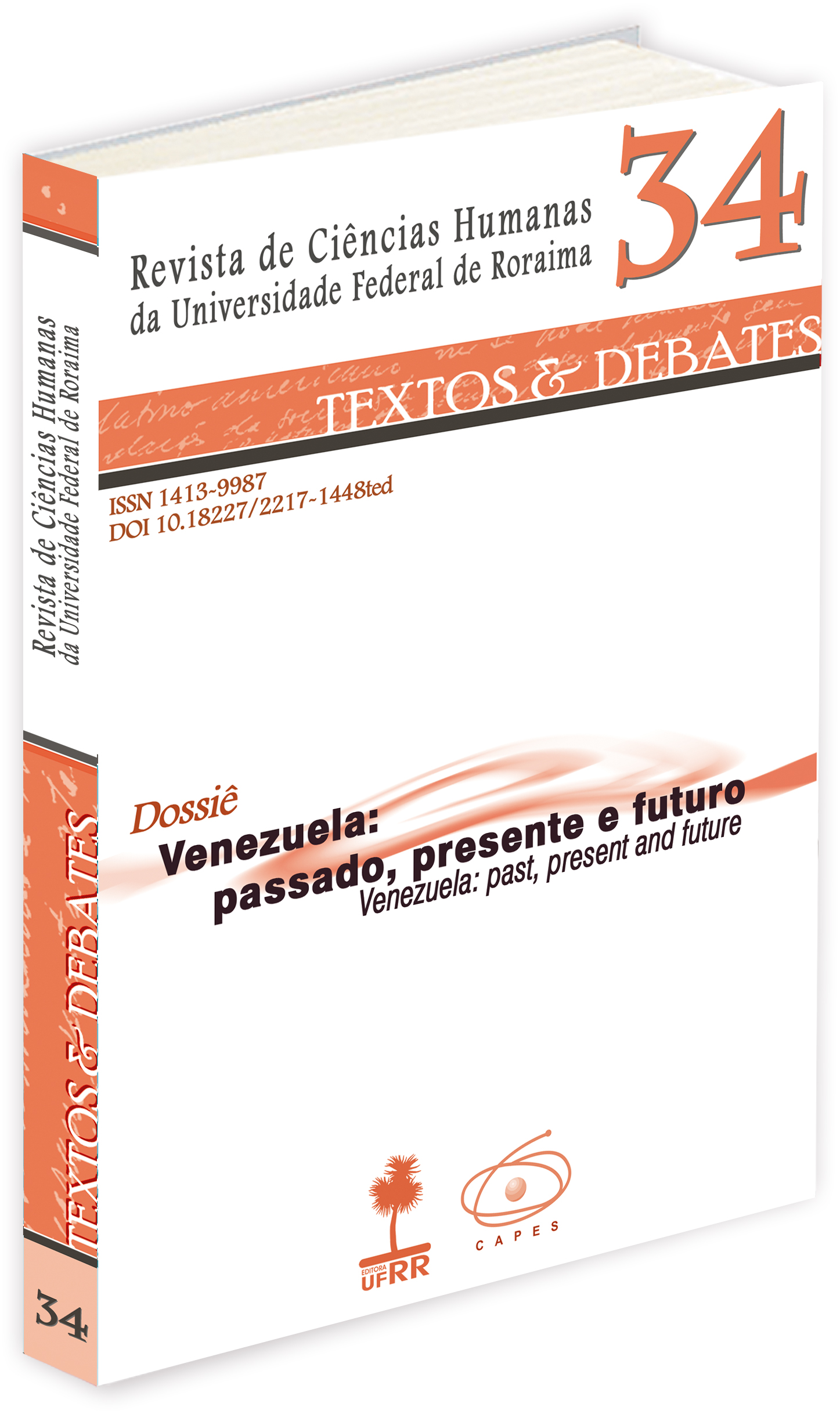Imperialism and the Geopolitics of COVID-19 in Venezuela
DOI:
https://doi.org/10.18227/2317-1448ted.v1i34.6665Palavras-chave:
International Relations, Marxism, Imperialism, Venezuela, COVID-19Resumo
The impact of COVID-19 in Venezuela has merely compounded an already existing health crisis within the country. Like the rest of the Venezuelan economy and society, the breakdown of the healthcare system is largely due to the legacy of class conflict and the contradictions of Bolivarian oil-dependent development policy, which finally came to breaking point with the end of the commodity super-cycle. And yet, despite the domestic sources of the crisis, the current unfolding of the COVID-19 pandemic in Venezuela is inherently geopolitical in nature. Central to this story is the manner in which Venezuela’s domestic and electoral dynamics have become inextricably embedded within the ‘imperialist chain’ centred on Washington. The conflict between chavista and opposition forces, the constitutional crisis of 2017, the unilateral declaration of Juan Guaidó as ‘interim president’ in 2019, and an intensified sanctions regime are all differentially conditioned by US imperial strategy. This paper will unpack the interconnections between the domestic and international dynamics of Venezuela’s socio-political crisis, explore the ways in which COVID-19 has been weaponised by the Trump administration, and attempt to understand the prospects for radical political renewal under conditions of increasing geopolitical conflict.Downloads
Publicado
Como Citar
Edição
Seção
Licença
Copyright (c) 2021 Rowan Lubbock

Este trabalho está licenciado sob uma licença Creative Commons Attribution-NonCommercial-NoDerivatives 4.0 International License.
Os direitos autorais para os artigos publicados são do autor, com direitos do periódico sobre a primeira publicação. Os autores somente poderão utilizar os mesmos trabalhos em outras publicações indicando claramente este periódico como o meio da publicação original. Permite-se o uso gratuito dos artigos em aplicações educacionais e científicas, desde que citada a fonte.

Este obra está licenciado com uma Licença Creative Commons Atribuição 4.0 Internacional.





